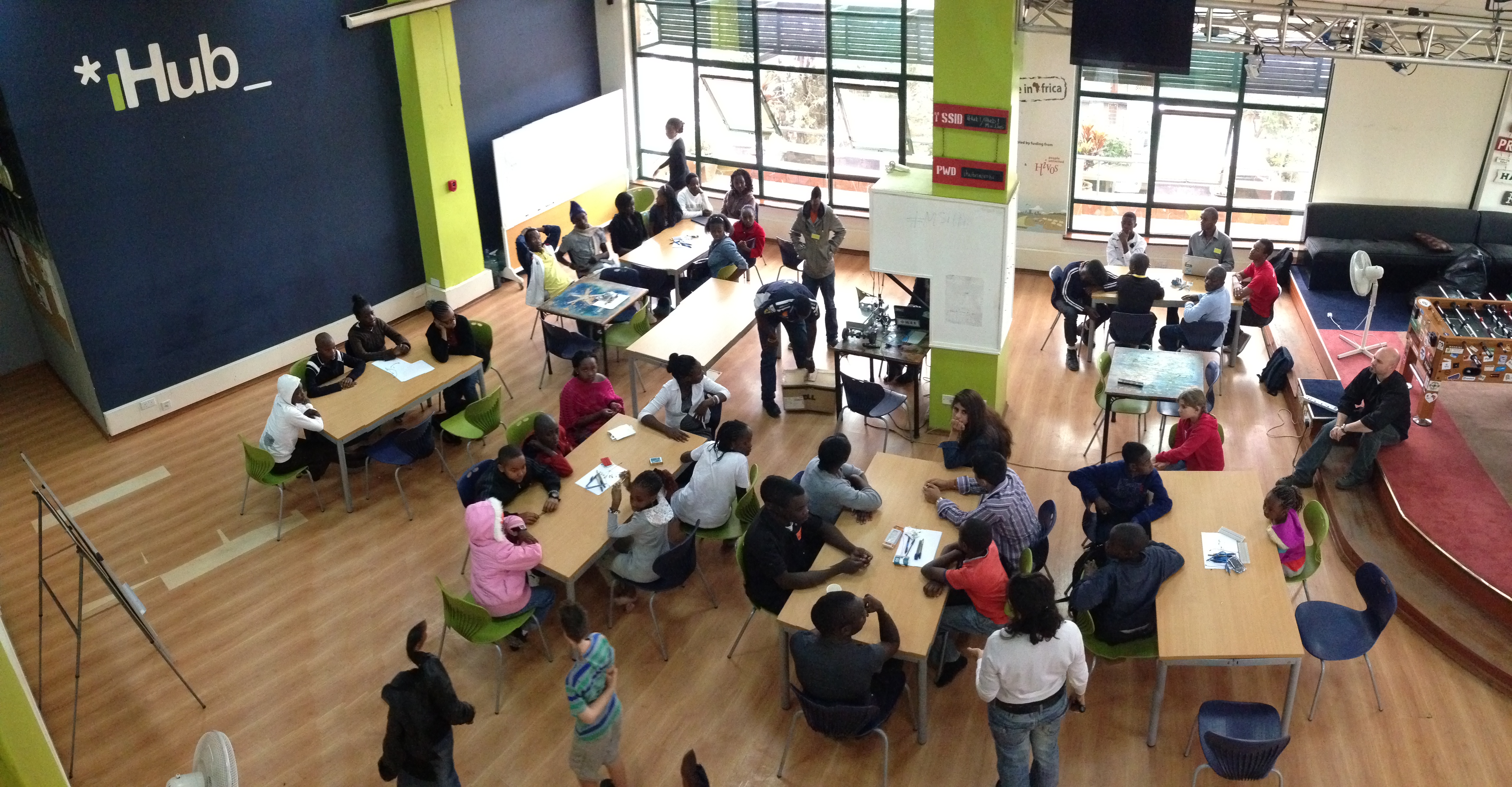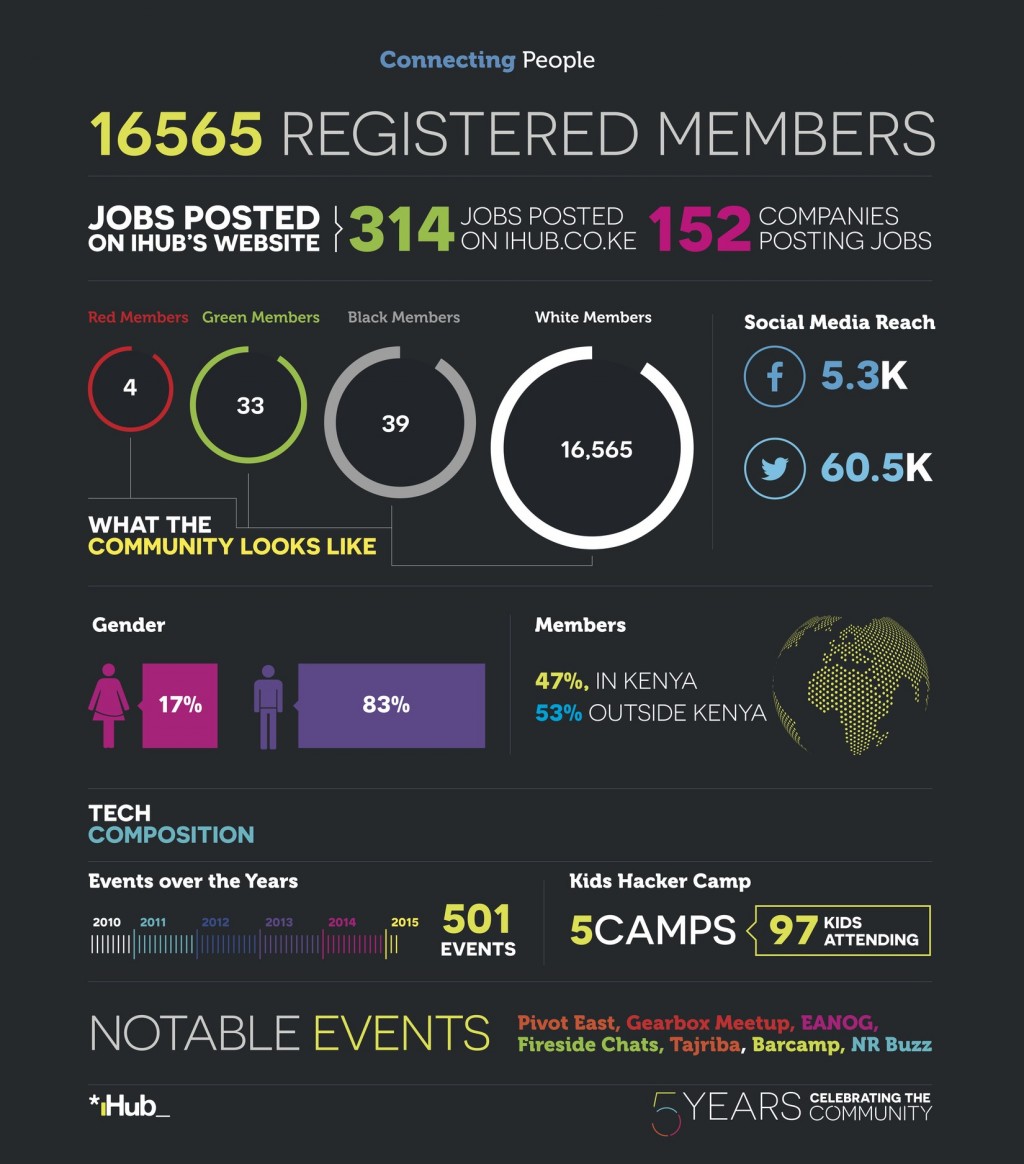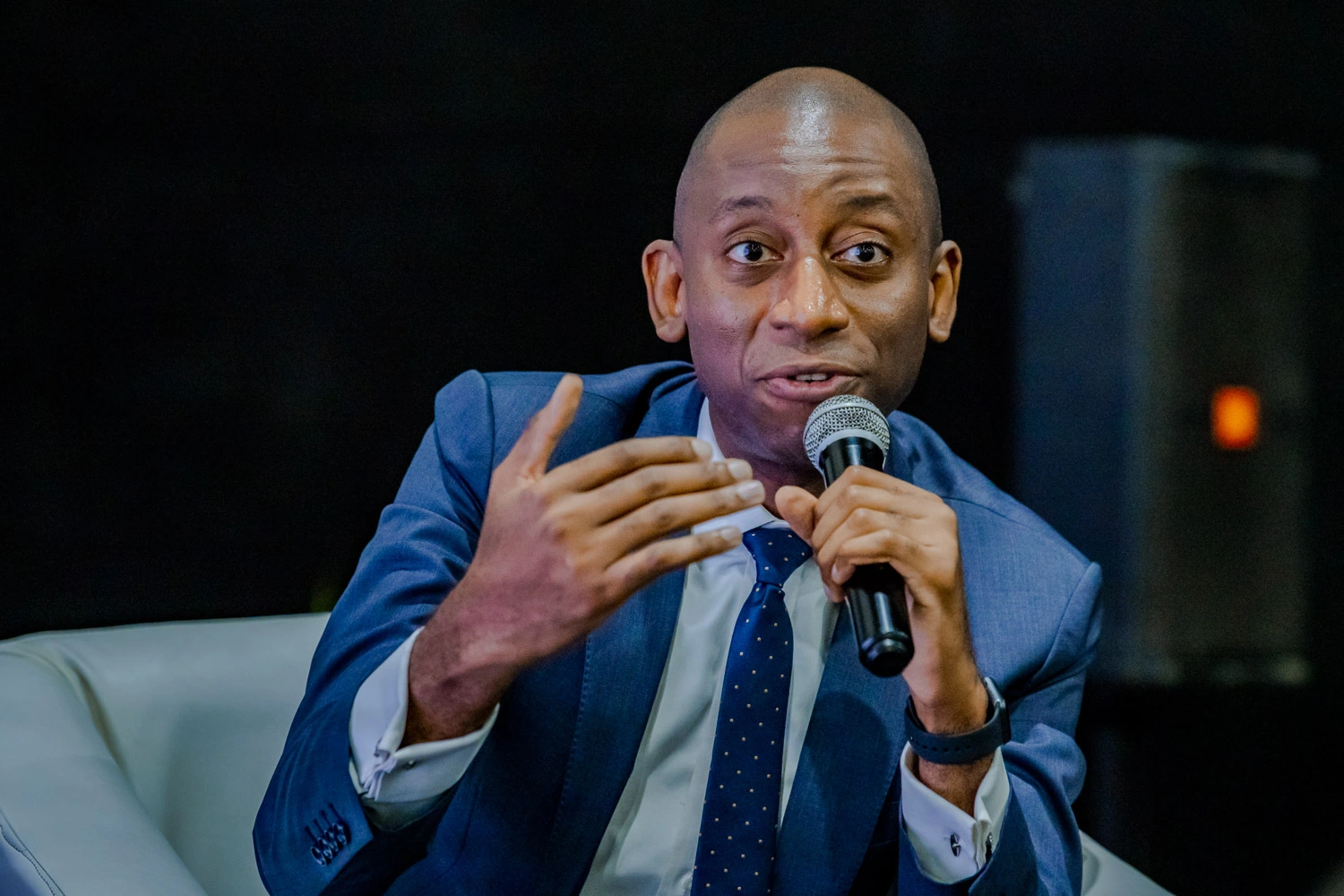
Kenya’s first dedicated techie space iHub opened its doors in 2010 with the aim of providing a home for the country’s tech community, as well as a space for tech entrepreneurs to connect and work on ideas. In the six years since it was opened, it has attracted more than 16,000 members, and has diversified to include the m:lab incubator, iHub Research and Gearbox.
“First and foremost we recognize the need to make sure that we are 100% self-funded, which means running a productive and more efficient set of consulting services,” iHub co-founder and Director Erik Hersman said in a post on the iHub blog. “However, we’ll likely need to reorganize in order to more efficiently work together. We want to position iHub as a preferred global provider for these services.”
“We’re excited to announce some fairly significant changes at the iHub,” Hersman went on in the post. “A group of people are investing in the iHub in order to help us grow, to tighten up our service offerings and make them more profitable, and to help us figure out how not to just find startups but to grow the ones that are getting traction.”
The people involved are former ICT Permanent Secretary Bitange Ndemo, Becky Wanjiku, Ken Mwenda, and Miguel Granier of Invested Development.

The iHub co-founders were not been quite sure what its business model would look like in 2010, as Hersman continues to explain in the post. Given the success of Ushahidi and funding from its partners Omidyar Network, they were able to focus on building the space.
There were gaps in the market that the hub has gone on to pursue in order to bring in revenue, and this has covered many of its expenses.
“Since 2012”, the post continues, “iHub has hovered around 70 per cent self-funded operations through our consulting arms – Research, Consulting, UX Lab – and then the remaining 30 per cent was brought in through our corporate partnerships and events.”
Aside from day-to-day operations, the biggest costs for the iHub have been maintaining the space, personnel costs from the team who run it, and community initiatives. These need a consistent source of capital to make them work, hence the need for a sustainable source of finance.
The iHub is aiming for self-sufficiency, where it can cover all of its costs. This, Hersman explains, is necessary so that it can take on more staff and fund , while the hub is also likely to reorganise its services.
“The next phase in the tech ecosystem is about building sustainable and profitable tech businesses that can scale regionally and globally”, Hersman added. “We strongly believe that iHub can play a key role in this phase.”
In the short-term, Josiah Mugambi will continue as iHub executive director, with Juliana Rotich and Hersman remaining as directors.
“Over time, we will rotate off and others will take our places. The goal is for iHub to evolve and grow with the ecosystem it has engendered. I couldn’t be more proud of what we have all built together, or more excited about where it will go next,” Hersman said.
Photo Credit: iHubNairobi via Compfight cc
















